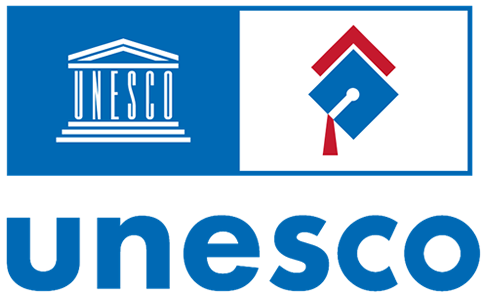Perceptions of higher education teachers regarding the change from a face-to-face to a remote modality due to covid-19: comparison between face-to-face and virtual teachers
Abstract
An instrument to investigate the perceptions of university professors in eight categories is validated: a) access and connectivity; b) knowledge of platforms and technologies; c) work routines and spaces; d) lessons preparation; e) student participation and motivation; f) class development; g) difficulty and willingness of teachers to change; and h) communication processes between teachers and managers. The study confirms a generalized idea that virtual teachers are better prepared than face-to-face teachers to face virtuality because they were already doing so before the pandemic. Likewise, the results reveal the problems shared by face-to-face and virtual teachers are related to situations, which were believed, would not occur in virtual teaching; for example, students’ difficulties to access the Internet and their lack of preparation for the use of technology. Student demotivation is an important element to review, especially in those results that refer to students in virtual programs, since it is assumed that virtual work is commom for them, which may be an indicator associated with the isolation experienced during confinement.
Copyright (c) 2021 John Jairo Briceño-Martínez, Martha Patricia Castellanos Saavedra

This work is licensed under a Creative Commons Attribution-NonCommercial 4.0 International License.
Copyright notice
Copyright allows the protection of original material, and curbs the use of others' work without permission. UNESCO IESALC adheres to Creative Commons licenses in the open access publication of ESS. Specifically, texts published in this journal are subject to a Creative Commons Attribution-NonCommercial 4.0 International (CC BY-NC 4.0) license: ESS is an open access journal, which means that all content is freely available to the user or their institution. Users may read, download, copy, distribute, print, search or link to the full text of the articles, or use them for any other lawful purpose, without asking prior permission from the publisher or the author, always making sure to cite the author. Commercial use is not permitted. ESS requires authors to accept the Copyright Notice as part of the submission process. Authors retain all rights.
The full license can be found at https://creativecommons.org/licenses/by-nc/4.0/
 Attribution - NonCommercial (CC BY-NC 4.0)
Attribution - NonCommercial (CC BY-NC 4.0)
This journal does not charge authors for the submission or processing of articles. The authors of the contributions will receive acknowledgment of receipt that the work has reached the Editorial Team of the Journal.




.png)
